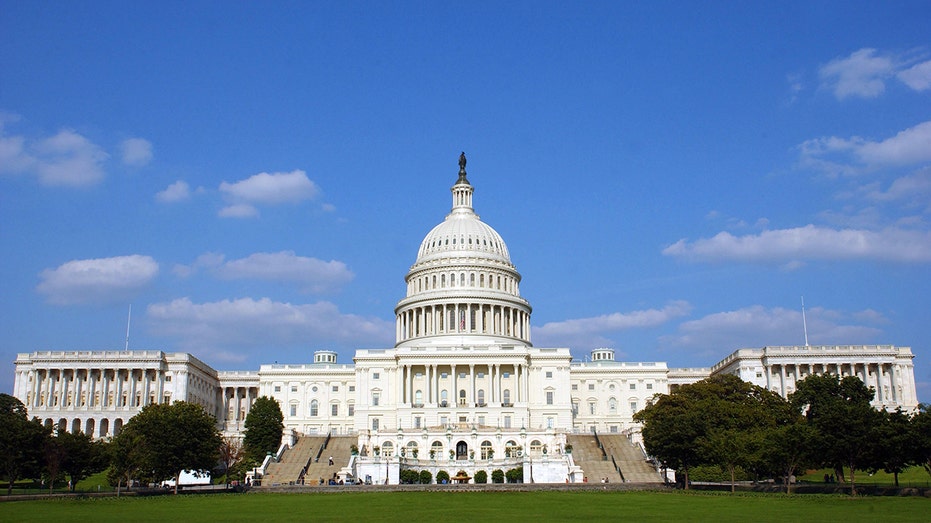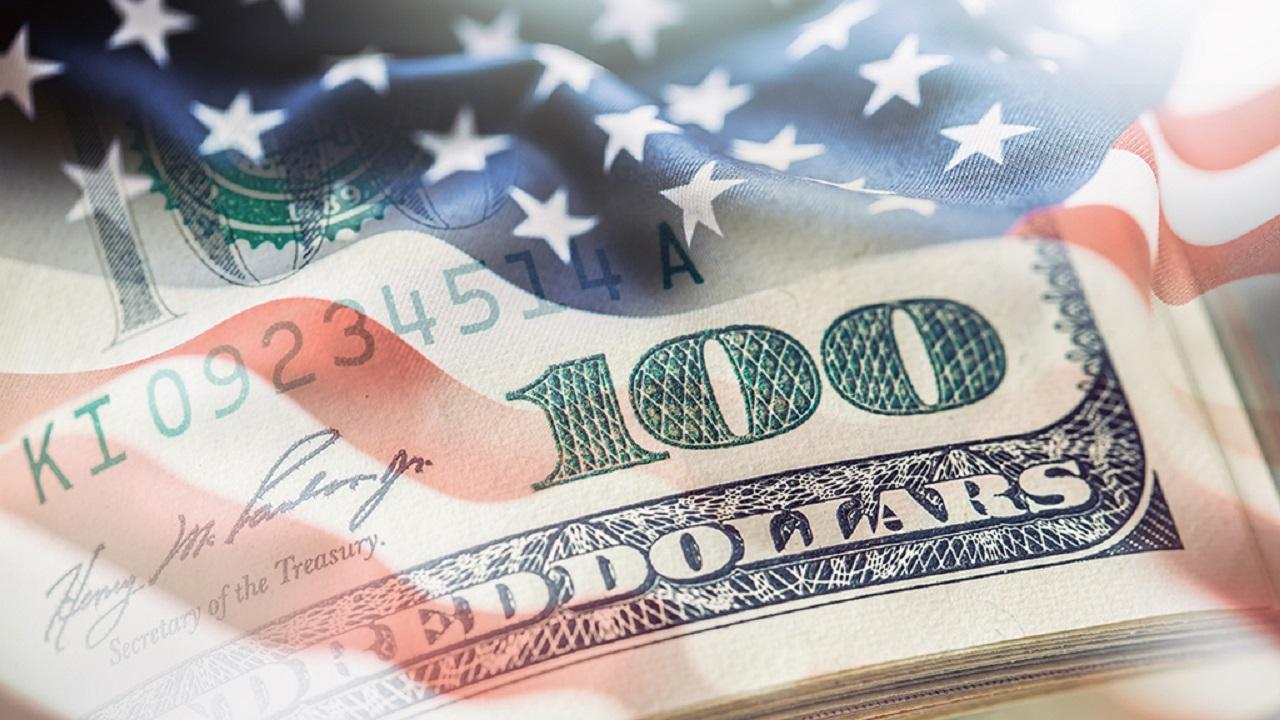Trump’s payroll-tax cut plan proves a hard sell
Much of a payroll-tax cut would go to people whose jobs, incomes aren't in jeopardy because of the coronavirus pandemic
WASHINGTON -- President Trump's monthslong insistence on a payroll-tax cut continues to shape discussions over the next round of economic relief despite a lukewarm reception from economists and lawmakers in both parties.
Mr. Trump's basic argument -- lower payroll taxes reduce hiring costs and put money in workers' pockets -- is correct, economists say. But they add that there are more efficient ways to accomplish the same goals and warn that the coronavirus pandemic, not tax policy, is the main barrier to hiring and growth.
PAYROLL TAX CUT IS 'A PERFECT WAY TO REALLY REIGNITE THE ECONOMY': ART LAFFER
"Directionally, it's not a crazy answer," said Jesse Rothstein, a professor at the University of California, Berkeley and a former Labor Department chief economist during the Obama administration. "There's just no scenario where the tens of millions who are on unemployment insurance right now would have jobs if it were a couple of percentage points cheaper to hire them."
Much of a payroll-tax cut would go to people whose jobs and incomes aren't in jeopardy because of the pandemic, and the policy wouldn't directly help most unemployed Americans. Congress is considering other incentives for struggling employers and households such as a tax credit for hard-hit businesses and a second round of stimulus checks.

President Donald Trump speaks during a news briefing at the White House, Thursday, July 2, 2020, in Washington, as White House chief economic adviser Larry Kudlow looks on. (AP Photo/Evan Vucci)
House Majority Leader Steny Hoyer (D., Md.) said the payroll-tax cut proposal doesn't do enough to help people and urged the administration to spend little time on it.
"The administration has been on that for many months now," he said Tuesday. "It's been rejected by both sides of the aisle for many months now."
The House, controlled by Democrats, didn't include a payroll-tax cut in its $3.5 trillion bill in May.
WHITE HOUSE LOOKING FOR STRONG JOBS REPORT AHEAD OF ELECTION AS IT PUSHES FOR MASSIVE NEW STIMULUS
Senate Republicans might include some version in the bill they are developing now, though senior lawmakers such as John Cornyn (R., Texas) and John Thune (R., S.D.) object to it, and it might be excluded during negotiations as Senate Republicans try to preserve money for other programs such as funding for schools and vaccine development.
"I don't think it's something that changes anyone's behavior," said Mr. Thune, who prefers another round of stimulus checks.
The U.S. imposes payroll taxes up to 15.3% on wages and self-employment income, split between employees and employers. It is a large, steady government revenue stream, and most households owe more in payroll taxes than income taxes. In fiscal 2019, the tax generated $1.2 trillion, or 36% of federal revenue.
The largest component is a tax dedicated to Social Security. That 12.4% levy applies this year to the first $137,700 of earnings. The 2.9% Medicare payroll tax has no income limit, and additional taxes apply to high-income households.
Although employers pay half the tax, economists generally think the real cost is borne by workers through lower wages. Theoretically, lower payroll taxes would mean higher take-home pay and earnings, though in a time of high unemployment, employers could capture some of those benefits in the short run.
"It is a back-to-work bonus we should all support, and I applaud President Trump for demanding it," said Sen. Steve Daines (R., Mont.).
Congress has cut payroll taxes before. They were lowered by 2 percentage points in 2011 and 2012 to help spur a recovery from the last recession, and Congress transferred money from the general fund to Social Security to offset the impact. President Obama fought for the extension through 2012, but then lawmakers in both parties agreed to let the break lapse in 2013.
In March's economic-relief law, Congress let employers defer payments of Social Security taxes. That is saving them more than $350 billion now, though they have to pay it back in 2021 and 2022.
The administration hasn't released a specific payroll tax-cut proposal. One option would defer the tax instead of cutting it, which lowers the cost but creates complications if individuals start accumulating significant deferred tax bills.

The U.S. Capitol is shown June 5, 2003 in Washington, DC. (Photo by Stefan Zaklin/Getty Images) (Getty Images)
Any version would make it cheaper to employ people, because employers could get them the same take-home pay for less money. On the margin, that should encourage hiring and prevent layoffs.
"It's a tremendous saving, and I think it's an incentive for companies to hire their workers back and to keep their workers," Mr. Trump, whose hotel and golf-course businesses employ workers, said Monday. "So the payroll tax cut, to me, is very important."
A SECOND CORONAVIRUS STIMULUS CHECK MAY BE COMING. HERE'S HOW MUCH MONEY YOU COULD GET
Critics say cutting the tax would deliver money to all employers and workers, not just offering an incentive to hire and keep workers.
Lawmakers in both parties instead back an expansion of the employee-retention tax credit Congress created in March. That break, which subsidizes up to 50% of wages and benefits, is more generous for each affected worker than a payroll-tax cut. And it is limited to employers forced to close or suffering significant revenue declines.
Some also complain that too much of the payroll tax cut's benefits would go to higher-income workers, because someone earning $100,000 a year would get twice as much money as someone earning $50,000 a year. However, because of the annual income limit on payroll taxes, the benefit of any cut shrinks for people making more than $137,700.
Another round of stimulus payments would give proportionally larger benefits to low-income households, because a flat $1,200 represents a greater boost to low-income Americans as a share of income. Congress is likely to approve such checks again, though details aren't set.
CLICK HERE TO READ MORE ON FOX BUSINESS
Ultimately, economic recovery will depend more on controlling the virus, said Juan Carlos Suarez Serrato, a Duke University economics professor. Still, a payroll-tax cut could be relatively easy for small and minority-owned businesses to access compared with other programs, he said, and it could be helpful in a political trade to get more important policies such as aid to state and local governments.
"The first rule of virus economics is: You've got to get rid of the virus," said Mr. Suarez Serrato. "This is not the best tool in our arsenal."




















